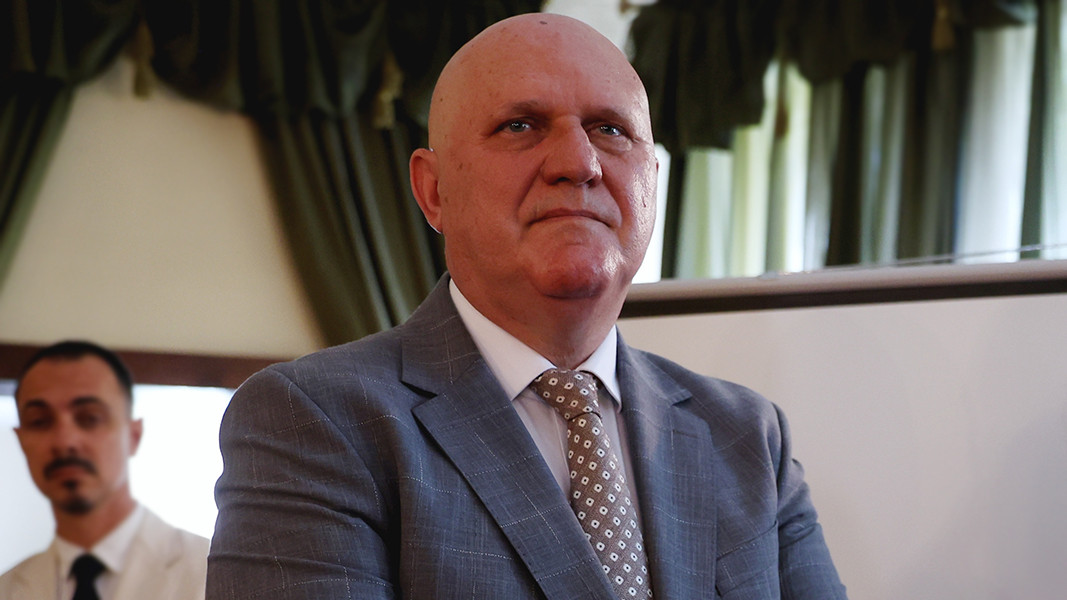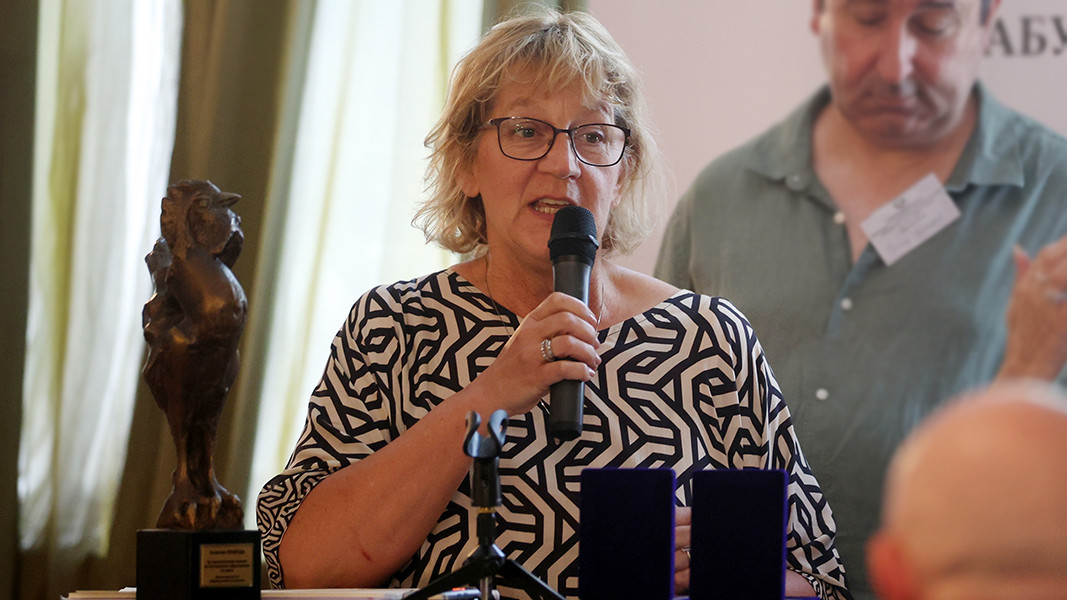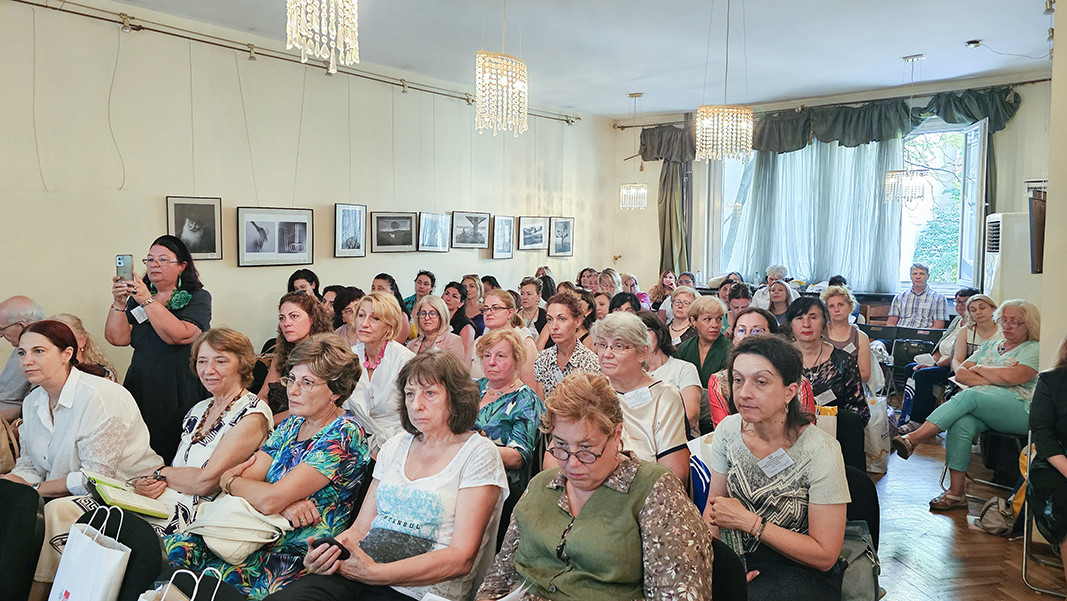


Dozens of enthusiasts and nature lovers will kick off the 44th edition of the Move and Win campaign with a spring hike to Bozhur Hut. The first walk will take place on 3 May. The meeting point will be the Vladishki Bridge in Veliko Tarnovo . The..
The third edition of the Samardala Festival will be held on 3 May in the central square of Nova Zagora. The aromatic plant, characteristic of south-eastern Bulgaria, is used as a spice and is harvested at the peak of its flowering in May, when the..
For the ninth year in a row, the Bulgarian Society for the Protection of Birds is organising the Let’s Count the Sparrows campaign . It takes place this Saturday, May 3, and anyone can take part by recording the number and types of sparrows they..
The third edition of the Samardala Festival will be held on 3 May in the central square of Nova Zagora. The aromatic plant, characteristic of..
For the ninth year in a row, the Bulgarian Society for the Protection of Birds is organising the Let’s Count the Sparrows campaign . It takes place..
Dozens of enthusiasts and nature lovers will kick off the 44th edition of the Move and Win campaign with a spring hike to Bozhur Hut. The first walk will..

+359 2 9336 661
